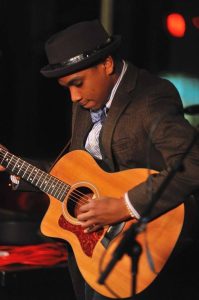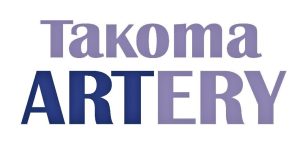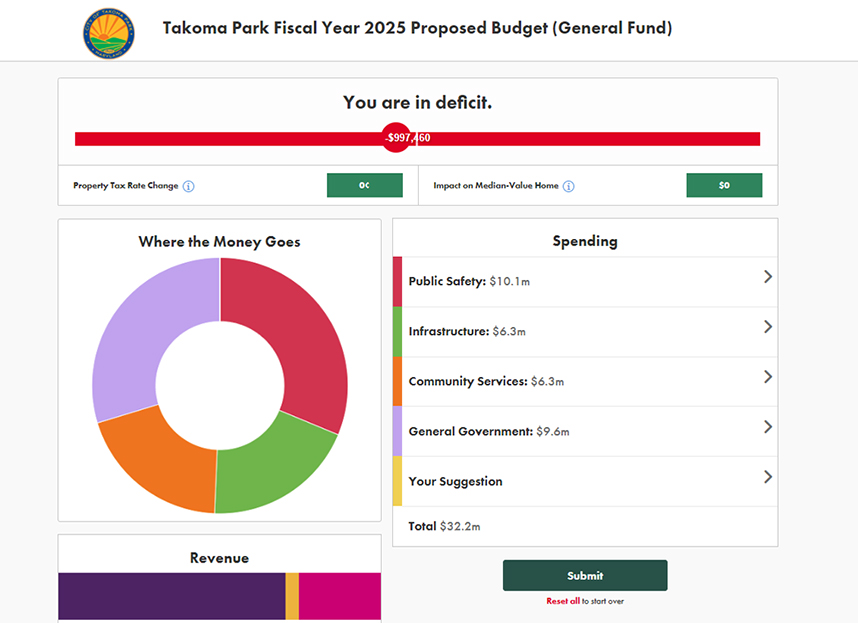National Capital Chesapeake Bay Chapter
66th EMMY® AWARDS
NOMINEES & RECIPIENTS
Please join CityTV and our Communications Department in congratulating Bienvenido (Bien) Martinez on his Emmy nomination in Category #56B Societal Concerns—Long-form content (longer than 15 minutes) for his camera work.
We are so excited to announce that on Saturday, June 22, 2024, at the 66th Emmy Awards, Bienvenido (Bien) Martinez was awarded the Emmy for his camera work on the documentary Línea Directa—Peligro del Fentanilo—Entrevista con Elena Suárez.
The documentary is a heartbreaking story of one family’s unwanted journey into the Fentanyl world, a teenager’s overdose, and the devasting consequences and the loss of their daughter that will impact the entire family for the rest of their lives!
You can see the video on: https://www.youtube.com/watch?v=udMYQAGiDjg
Background:
CityTV has partnered with the production of Linea Directa. Linea Directa is one of the oldest local TV shows that deals with topics that affect the Hispanic Community. The shows air on Telemundo and our City of Takoma Park TV channels.
In this partnership, we collaborated in the production aspect. In the production of Línea Directa—Peligro del Fentanilo—Entrevista con Elena Suárez Bien was responsible for the camera work on this documentary.




